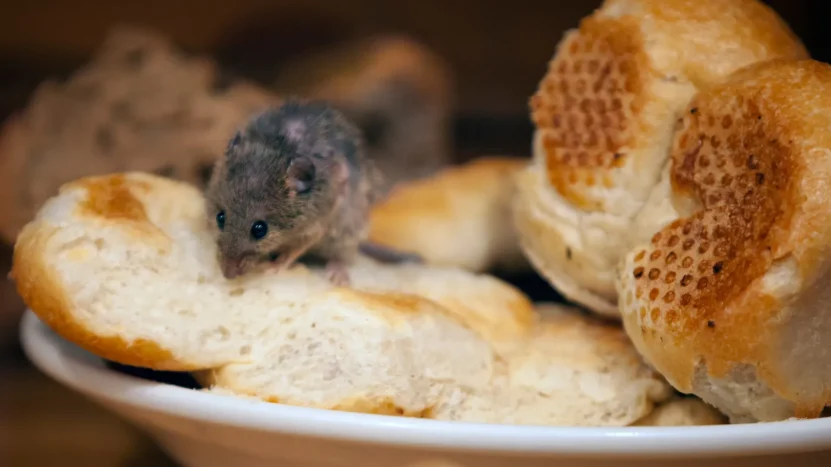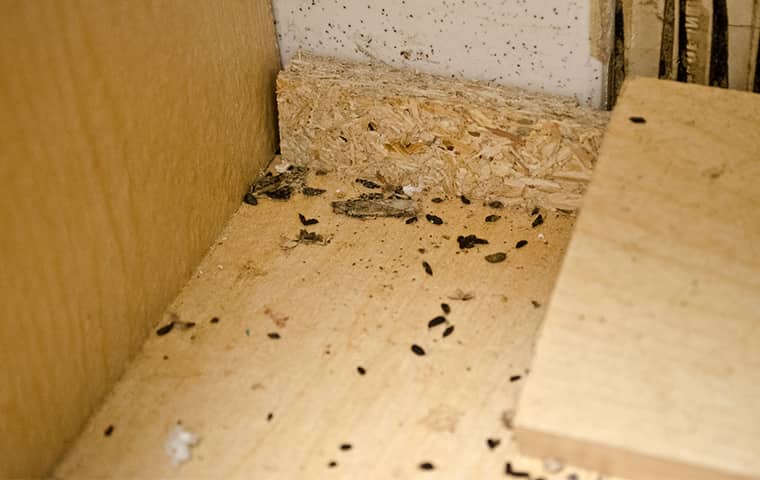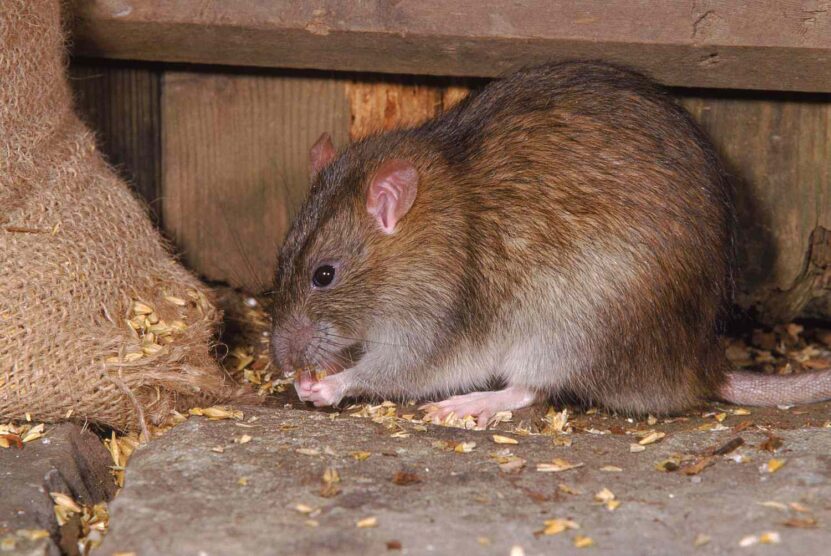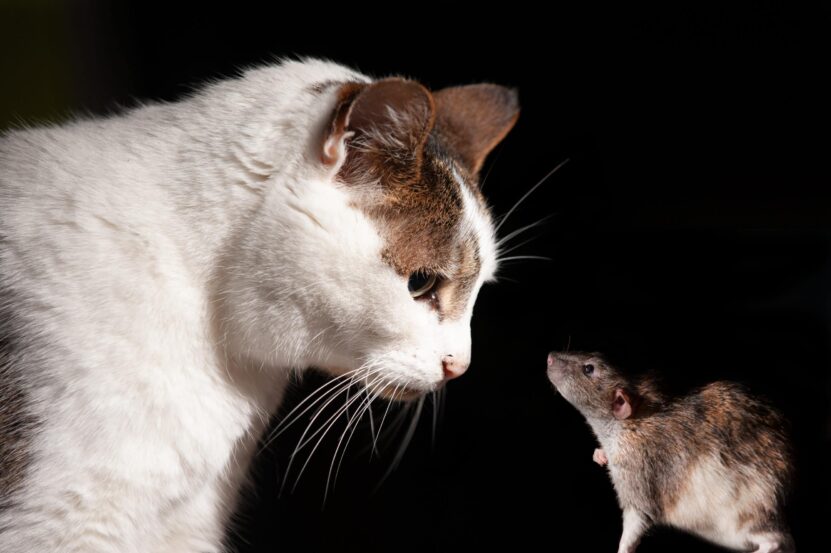Unfortunately, almost every homeowner has had a problem with the appearance of these pests. As the colder period of the year begins, these pests seek shelter and crawl into our basements, attics, barns, and sheds, and our main mission becomes how to destroy rats in the house!
The fight against these rodents can be long-lasting because the house is a constant source of food and a warm shelter. The intelligence and physical dexterity of these pests should not be overlooked. Rats are very careful in discovering new territories, they move mostly when there are no people around, and since their sense of sight is not very good, they rely on their excellent sense of smell and hearing. They move extremely fast and are excellent swimmers and climbers, which is why they are very difficult to catch. That is why rodent control should be taken very seriously, and it is highly recommended to use professional help from services like rodentcontrolinc.com. Here’s all you need to know about this issue.
What do rats eat?

It is not difficult to notice that we have unwanted guests – rats leave obvious traces of their presence. Holes in the walls, on the furniture, and on the floor, but also damage to the electrical installation. The teeth of rats grow up to 14 cm per year, so due to the constant need to bite and shorten the teeth, the damage these rodents do can be enormous. Their teeth are so strong that they can bite through lead or copper, it happened that the main cause of some floods was rats because they destroyed the water pipes by biting. And even many fires were caused by damage to installations by these rodents.
Rats are bloodthirsty animals, they feed on whatever they can find, and in the absence of other food, they eat each other – the victims are usually older and sick in the litter. Rats examine food with their snout before consuming it, and the oldest female in the litter is responsible for this. When the female in charge of testing the quality of the food tastes it, she sends a signal to the others that the food is safe to eat. Their favorite food is seeds, grains, or other products of grain origin.
Rat droppings

Rat droppings are among the first signs of the presence of this pest in our house, but also the cause of many infections and diseases. Rat is the cause of more than 40 dangerous diseases, not only for humans but also for the animals they keep. Diseases transmitted by rats can be obtained directly from a rat bite or scratch, or through its secretions (urine, feces, saliva), while the indirect way involves contact with other infected animals such as fleas, ticks, or mites.
Old age plague
By inhaling dust containing rat excrement (feces or urine), we can become infected with hantavirus. Rat urine is responsible for a disease that damages the kidneys and liver – leptospirosis, which a person can become infected with if he has an injury on the skin or through the mucous membrane of the mouth, nose, or eyes. This infection most often occurs after contact with stagnant water ponds and lakes. If we consume food that has had contact with rat excrement, we run the risk of contracting salmonellosis.
Rat poison

When we notice the presence of rats, we need to act quickly. These pests reproduce at an extremely fast rate – from just one pair of rats, about 3,000 individuals can arise in a year. This terrifying figure best shows that their destruction should not be delayed. Hence, a lot of people turn to rat poison.
The downside of using poison is that it is extremely dangerous for people and animals that people keep. If you decide to destroy the rodents in this way, make sure that there are no other warm-blooded animals nearby, and after you notice that the rats are no longer there, pick up the remains of the poison and dispose of it properly.
It is best to put poisons in special protective containers. They prevent children or animals from coming into contact with them. However, even if this is followed, lay people often leave poisons in places where a rat will never pass, but children and pets will, thus increasing the risk of poisoning.
The best solution is to call professionals for pest control. The poisons they use are specialized for the task of extermination and have protective containers that we have already mentioned.
Most people will reach for poison and try to get rid of rats in this way, but there are people who do not want to bring poison into the house, or they think this way is too cruel and inhumane. Whichever group you put yourself in, the goal is the same – to get rid of the pest.
However, experience has shown there are some natural ways you can utilize to get rid of these unwanted guests.
Herbs like mint
Growing mint in your garden is perhaps the most cost-effective way to get rid of rats and mice in a natural way. If you have a serious problem with rats, then mint will not help.
A cat

A cat is one way to protect yourself from rats and mice, but again in case you don’t have a serious problem, only a few rats, which stay in places that are accessible to the cat.
Ammoniac
Ammoniac keeps rats and mice out of your house, according to some forum sources. It is enough to soak cloths with a mixture of ammonia and distilled water and place them around the house. You can also put that liquid in a container in some room where the rats stay
It is said that once a rat marks its territory, it can find a way to return there even from a very long distance. So, if your idea was to catch and release them think again. Rodent control services are by far the safest way to make sure they’re gone for good.
